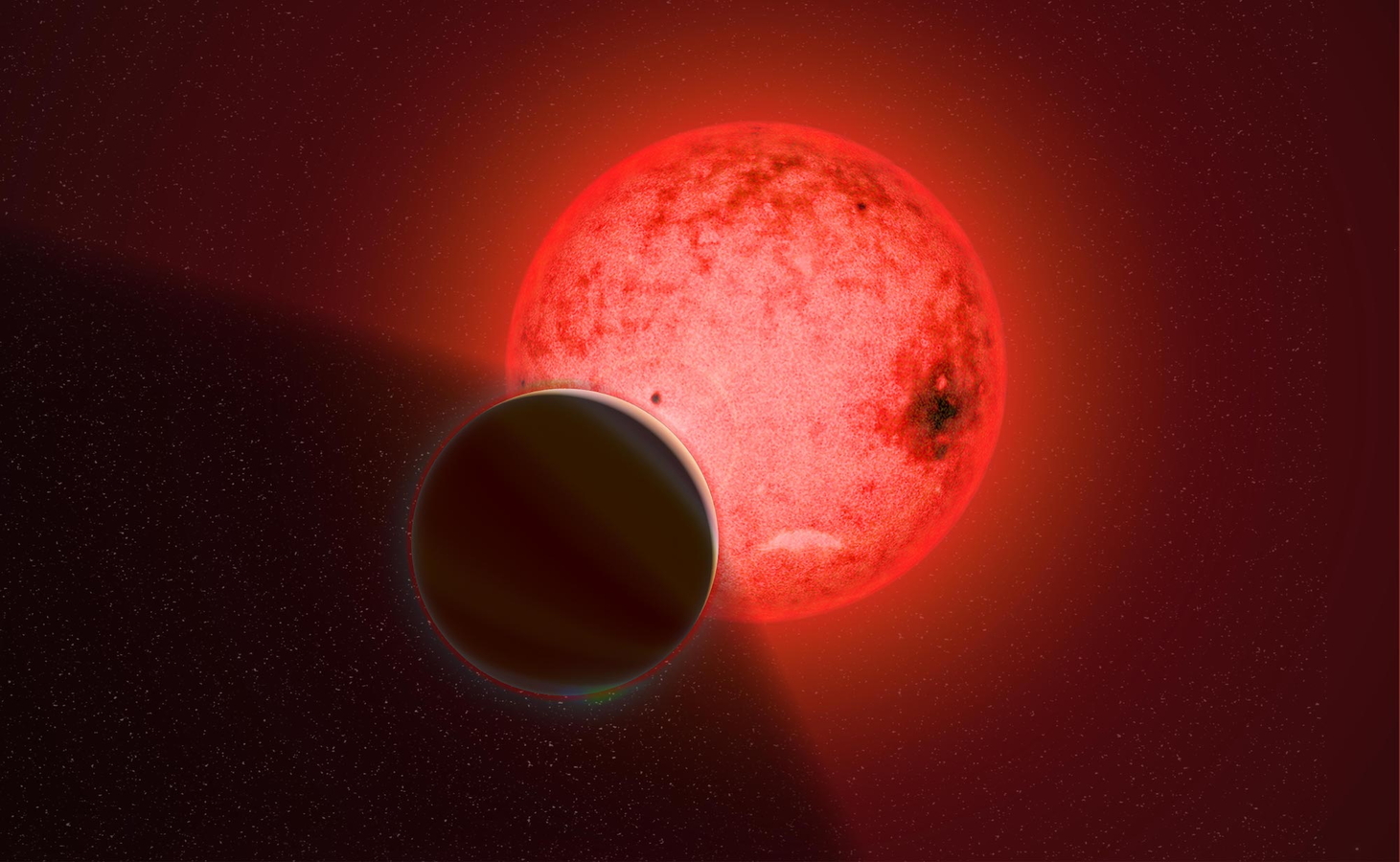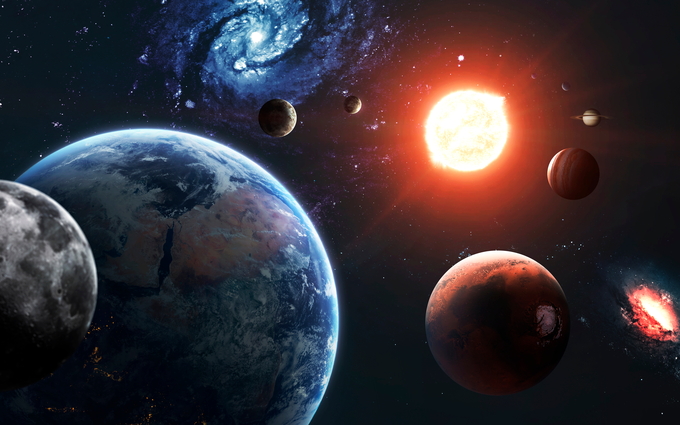
Two Lectures, One Big Night of Discovery
Get ready for a cosmic double feature! Join us for back-to-back Neighborhood Lectures that will transport you from the birthplaces of planets and moons to strange giants that defy the rules.
Together, these talks show how Carnegie scientists are leading the way in uncovering the broad—and often strange—diversity of distant worlds and the conditions that could give rise to life.
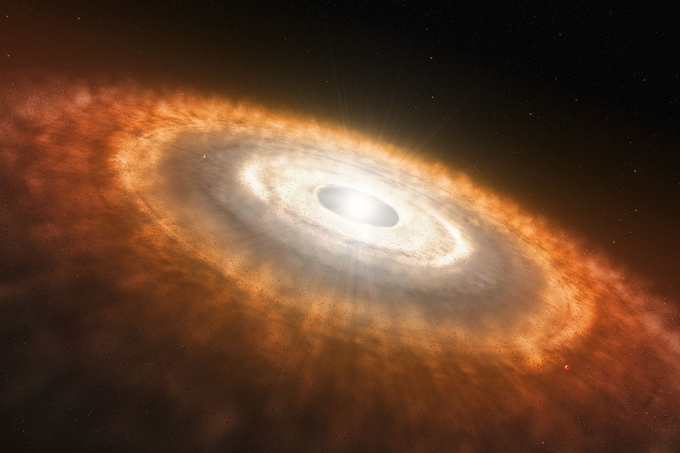
Building New Worlds
Witnessing Star, Planet, and Moon Formation with JWST
Sierra Grant, a Carnegie Postdoctoral Fellow, will share how the James Webb Space Telescope is revealing the chemical makeup of young disks of gas and dust—the nurseries where planets and moons are born. Her work shows how stars like our Sun, as well as smaller stars, have very different chemical reservoirs, indicating they could be building very different planetary systems.
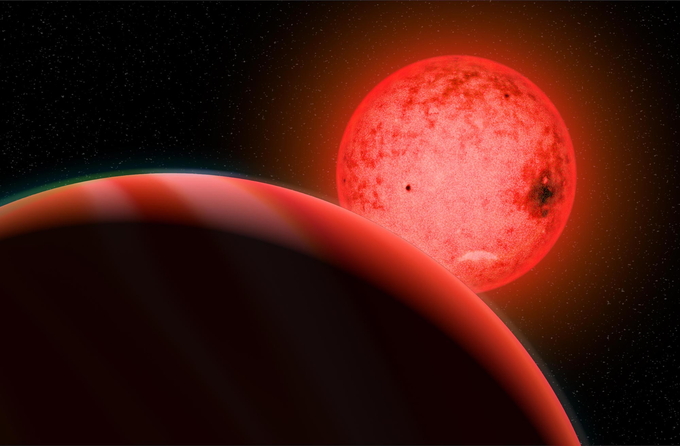
Forbidden Giants
Big Planets around Small Stars
Shubham Kanodia, a Postdoctoral Fellow at Carnegie Science, will take us into the world of “forbidden giants”—massive planets found orbiting tiny stars. These newly discovered worlds, called GEMS (Giant Exoplanets around M-dwarf Stars), challenge traditional theories of planet formation and are opening new puzzles for astronomers to solve.
About the Speakers
Shubham Kanodia is a Carnegie Postdoctoral Fellow who studies giant planets orbiting small, cool stars called M dwarfs. He earned his PhD in Astronomy and Astrophysics from Pennsylvania State University, where he helped develop new tools and instruments to detect and characterize exoplanets. At Carnegie, his research focuses on uncovering how these “forbidden” giant planets form and what they reveal about the processes that shape planetary systems.
Sierra Grant is a Carnegie Postdoctoral Fellow who studies the disks of gas and dust around young stars where planets are born. She earned her PhD in Astronomy from Boston University in 2021 and conducted postdoctoral research at the Max Planck Institute for Extraterrestrial Physics before joining Carnegie in 2024. Her work uses data from the James Webb Space Telescope to investigate the chemical makeup of planet-forming regions and the origins of new planetary systems.
Details of Your Evening
This free science event will begin at 6:30 p.m. EDT (Doors: 6:00 PM) in the Greenewalt Auditorium of Carnegie Science’s Broad Branch Road Campus in NW, Washington, DC. Please RSVP to secure your spot at this event!
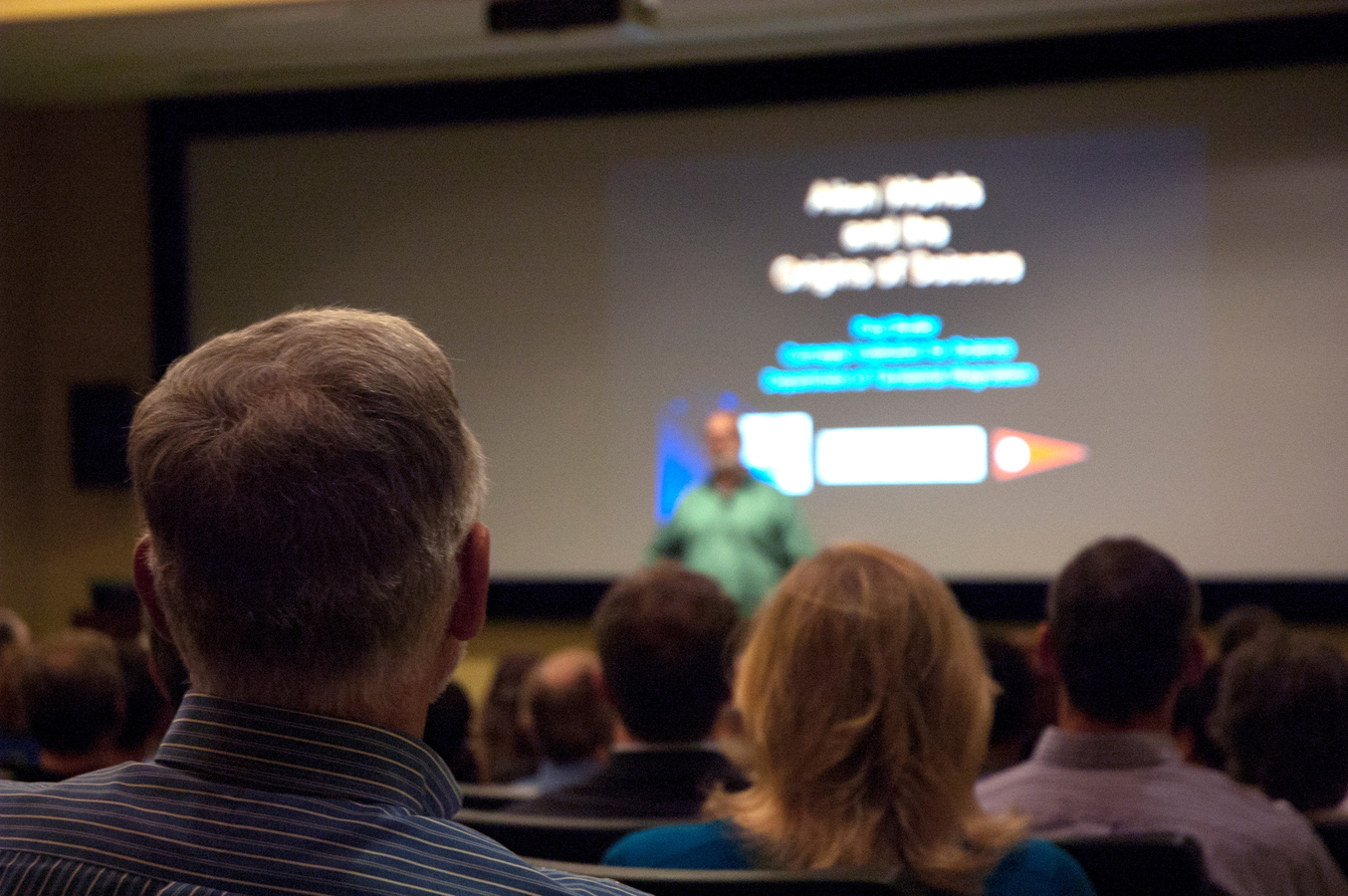
For more than fifteen years, the Carnegie Science Earth and Planets Laboratory (EPL) has hosted free public science lectures at our Broad Branch Road campus in northwest Washington, D.C. These talks, held in the spring and fall, connect the local community with the boundary-pushing research happening right next door. Your support funds boundary pushing science and helps ensure that these talks remain free and open to the public.
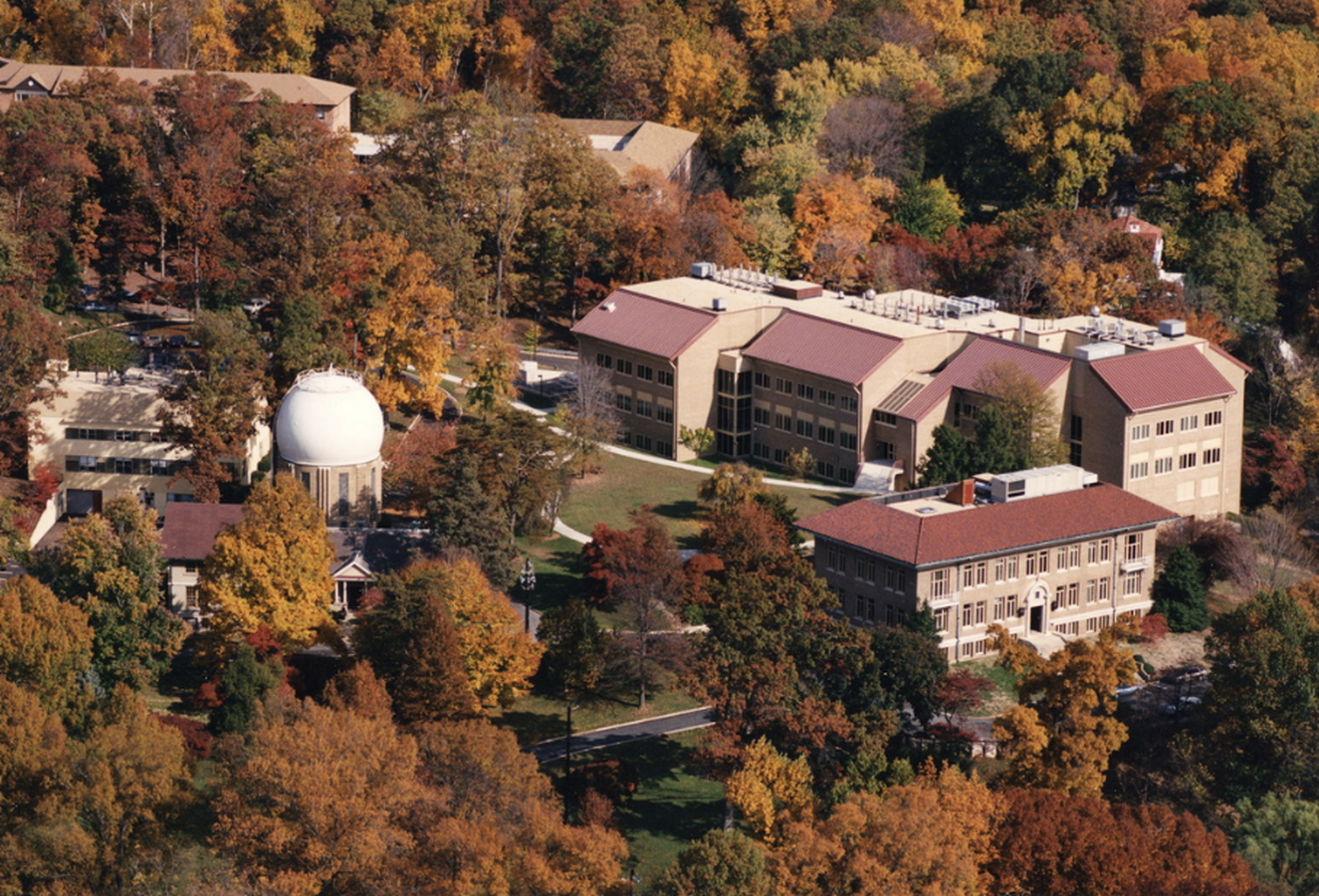
The Earth and Planets Laboratory (EPL) is located on the Broad Branch Road campus (BBR) in Northwest Washington, DC. Built in 1914, the campus houses both state-of-the-art research facilities and administrative staff—including members of the Carnegie Institution for Science's leadership.
Address:
Earth & Planets Laboratory
5241 Broad Branch Road, NW
Washington, DC 20015
